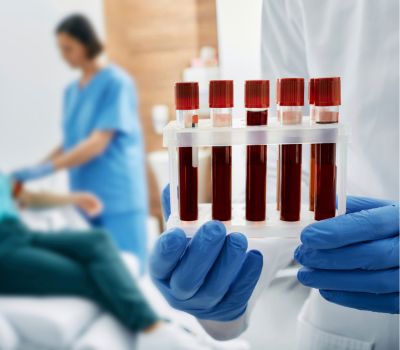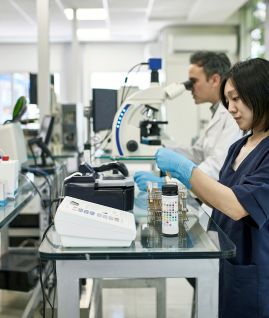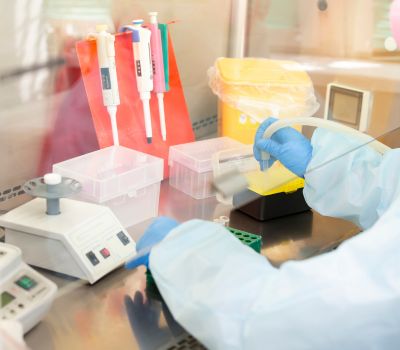Lab and pathology services are essential components of healthcare delivery, providing critical information for diagnosis, treatment, and monitoring of various medical conditions.
At BR Healthcare, our lab and pathology services are dedicated to providing accurate and timely diagnostic testing to support patient care. Our state-of-the-art laboratories utilise advanced technology and adhere to stringent quality standards to deliver reliable results. From routine blood tests and diagnostic imaging to anatomic and clinical pathology services, we offer a comprehensive range of diagnostic capabilities. Our team of skilled pathologists, laboratory technicians, and medical professionals work collaboratively to ensure accurate diagnoses and effective treatment plans for our patients. Whether it's detecting infections, assessing organ function, or diagnosing complex diseases, BR Healthcare's lab and pathology services are committed to delivering excellence in diagnostic care to meet the needs of our patients.



.jpg)
.jpg)
.jpg)
.jpg)





.jpg)
.jpg)
.jpg)
.jpg)